For fun...Are You A Supertaster? Count your taste buds!
anney
16 years ago
Related Stories
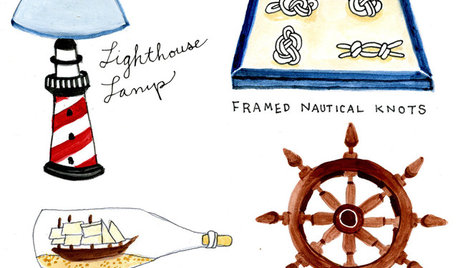
FUN HOUZZ12 Signs Your Coastal-Style Home May Have Gone Overboard
Accessories conjuring the beach often start innocently enough, but if you've framed your flip-flops, it may be time to reconsider
Full Story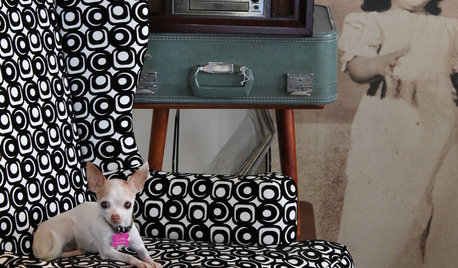
PETSWhat Chihuahuas Can Teach Us About Interior Design
Who knew these tiny dogs could be such a huge fount of design tips? Houzzers did
Full Story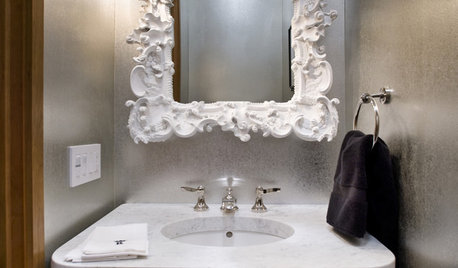
FUN HOUZZHere's Looking at You: A Mirror Personality Quiz
What does your bathroom mirror preference say about you? We offer some speculations to go with 11 very different mirror styles
Full Story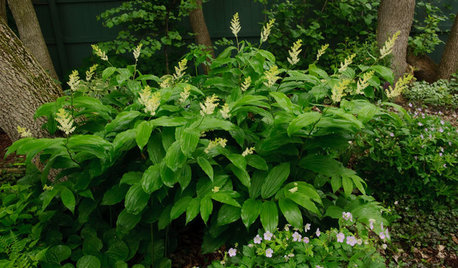
GARDENING GUIDESGarden-Friendly Native Alternatives to Overplanted Exotics
There are lots of gorgeous, wildlife-friendly native plants ready to make an appearance in your garden
Full Story
LIFESimple Pleasures: Spoil Yourself
Renew your spirit by indulging in treats, quiet time and letting someone else do your chores for once
Full Story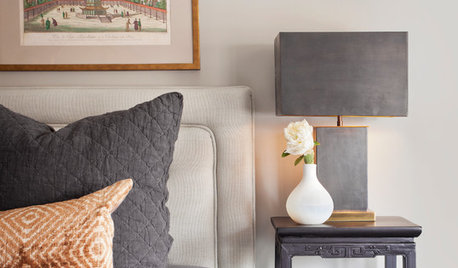
FURNITURE10 Secrets of Successful Secondhand Furniture Shopping
Design professionals offer tips on how, where and what to buy
Full Story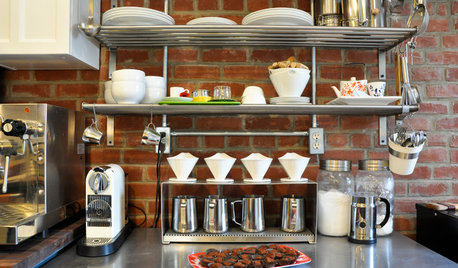
KITCHEN DESIGNSimple Pleasures: Wake Up and Smell the Coffee
Slugging down any old sludge while pulling on socks is no way to start the day. Learn to brew amazing java and savor the experience here
Full Story
LIFE6 Ways to Beat the Winter Blahs
Snow and dark days dampening your spirits? These ideas will have you looking on the bright side
Full Story
KITCHEN DESIGNStylish New Kitchen, Shoestring Budget: See the Process Start to Finish
For less than $13,000 total — and in 34 days — a hardworking family builds a kitchen to be proud of
Full Story
HOMES AROUND THE WORLDWorld of Design: 11 Guys and Their Personality-Filled Man Spaces
Take a tour of very individual retreats designed by creative guys around the globe
Full Story


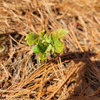

oldroser
ohio_grower
Related Discussions
My tastes are too EXPENSIVE (Lambertson, Trimmer etc)
Q
Can alkaline soil make your tomatoes taste BLAND?
Q
Will you taste ANYTHING?
Q
Genetic Tasting and Eggplants
Q
anneyOriginal Author
anneyOriginal Author
zeedman Zone 5 Wisconsin
ohio_grower
granite
anneyOriginal Author
granite